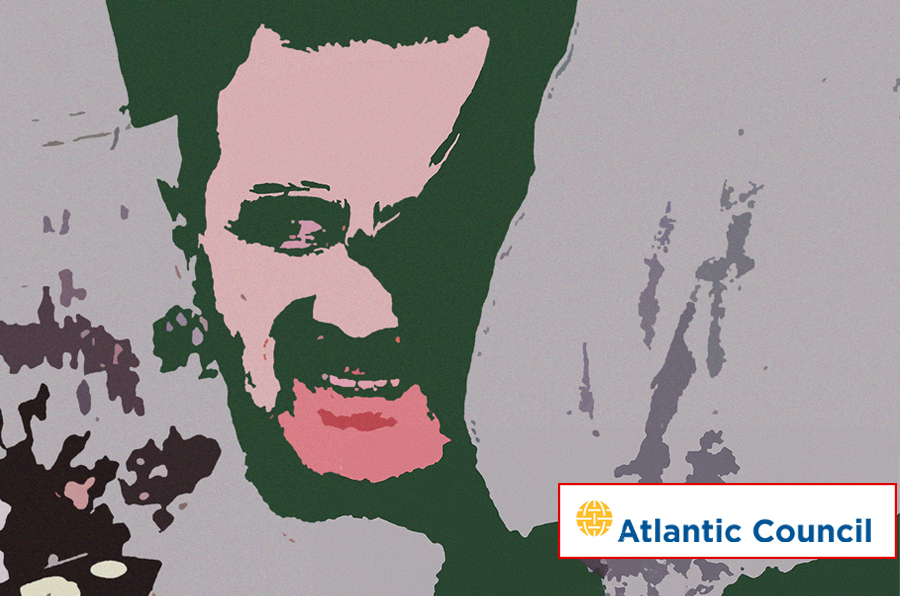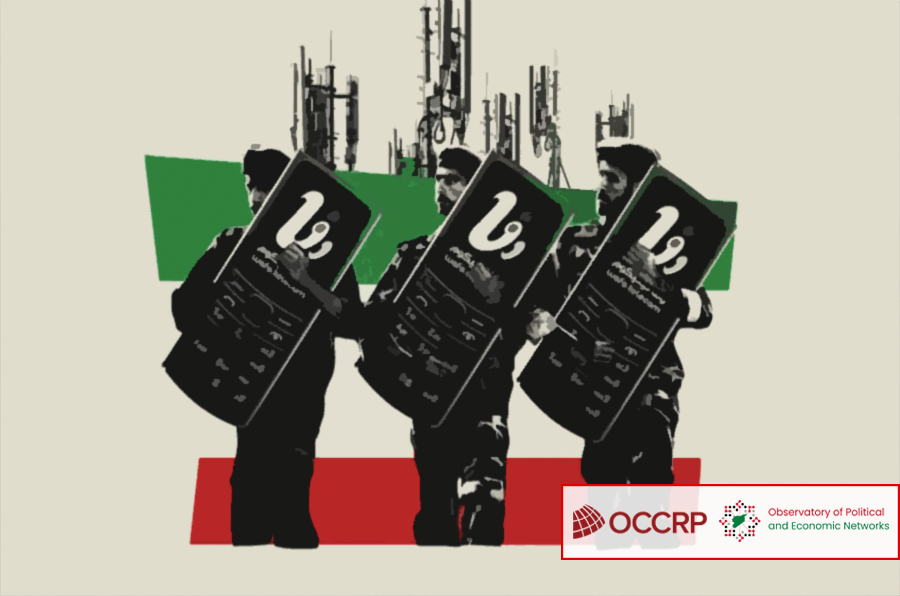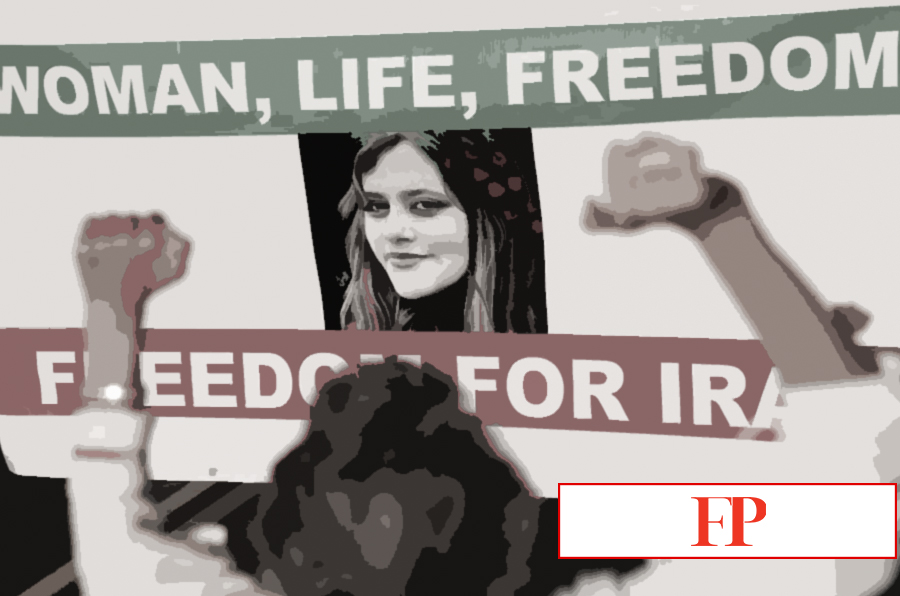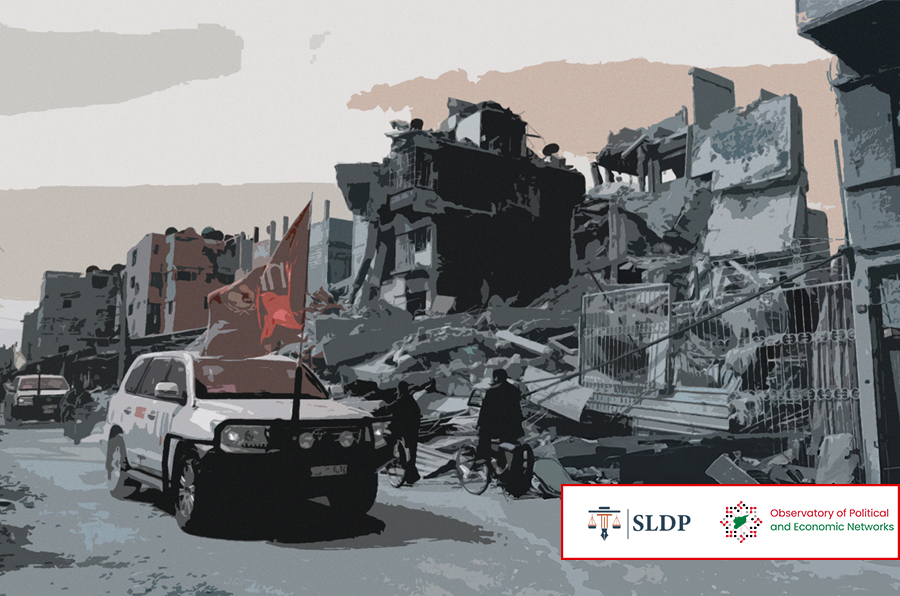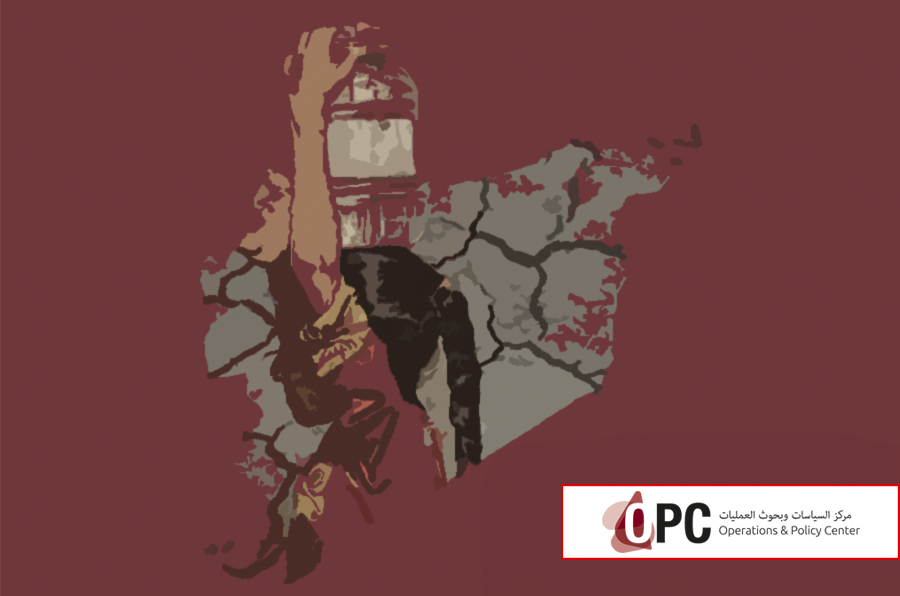Publications
Here we share all our published work, including peer-reviewed academic papers, policy papers, and op-eds.
Atlantic Council (Op-ed), Karam Shaar and Said Dimashqi (Jan 13, 2023)
In this article for the Atlantic Council, Said Dimashqi and Dr Karam Shaar argue that a world where US sanctions on Syria have fewer humanitarian side effects and a stronger impact on the Assad regime does exist. They do so by highlighting the existing shortcomings in sanctions and what needs to be done.
OCCRP (Investigation), Karam Shaar, Rana Sabbagh, Lara Dihmis, Sami Shahrour, Alexander Dziadosz and Jacob Greenwald (Dec 9, 2022)
Syria’s recent licensing of a third mobile operator, Wafa Telecom, looked like another effort by the Assad regime to seize control of the few remaining profitable sectors in the country. In this Observatory of Political and Economic Networks-OCCRP joint investigation, we present evidence showing that Wafa Telecom is majority-owned by the Iranian Islamic Revolutionary Guard Corps (IRGC) using a front company based in Malaysia. The investigation has been covered by other international media outlets such as Le Monde and Der Spiegel.
Foreign Policy (Op-ed), Karam Shaar, Gissou Nia and Celeste Kmiotek (Nov 23, 2022)
Justice is unattainable without evidence. This article highlights the lessons learned from Syria over the past 11 years in the fields of data harvesting, archiving, and open-source investigations of the evidence circulating online and how they can be helpful in bringing human rights abusers in Iran to justice.
Syrian Legal Development Program and Observatory of Political and Economic Networks, Karam Shaar (Investigation Report) (Oct 25, 2022)
The catastrophic situation in Syria since the 2011 uprising has made the country one of the largest recipients of humanitarian aid in the world. The bulk of spending of this multi-billion aid is facilitated by the United Nations (UN), which continues to operate in a highly restrictive environment. This report examines how private companies involved in human rights abuses benefit from the UN’s procurements from the country and the share of funding going to them. Numerous articles have exposed some problematic suppliers to the UN, such as the Four Seasons Hotel in Damascus. However, this report is the first systematic and quantitative effort to examine the dynamics of such suppliers. Using the official Syrian gazette and open-source intelligence, it does so by investigating the backgrounds of the top 100 private and public-private suppliers in 2019 and 2020. These suppliers constitute 94% of total procurement spending, enabling the report to make conclusions about the procurement process in general. To have a more holistic and nuanced understanding of the issue, the investigations are supplemented by interviews with UN staff, businesspeople, and experts on UN operations in Syria from diplomatic and civil society backgrounds.
To view the interactive tool, click here.
Operations and Policy Center (Research Paper), Karam Shaar and Nicholas Lyall (Jun 28, 2022)
Since the latter months of 2020, Syria has yet again fallen into a severe drought. This new drought is occurring in a country whose agricultural capacity has already been decimated by decades of agricultural and water misgovernance, and war, making it less capable of coping with a drought than at any point in its modern history. The paper analyzes agricultural stress-related satellite images and survey data to answer the following questions: How severe is the drought? What are the impacts on the country’s agriculture, economy, and the humanitarian response? How might the drought affect the course of the conflict?

